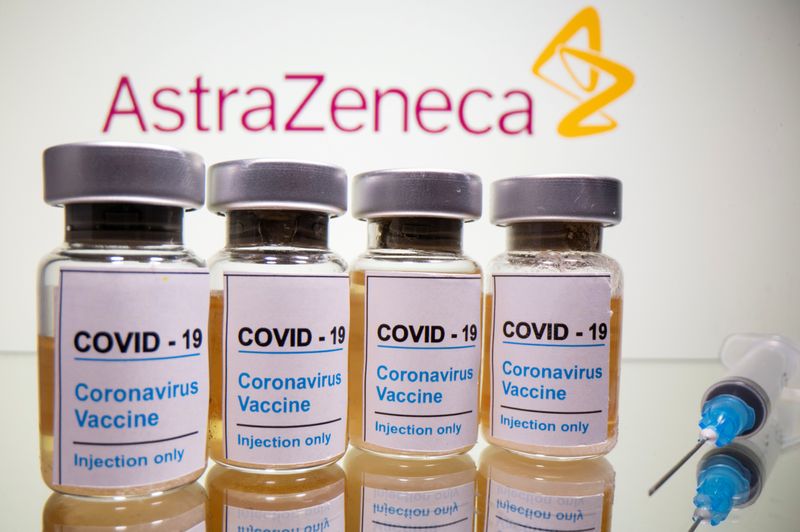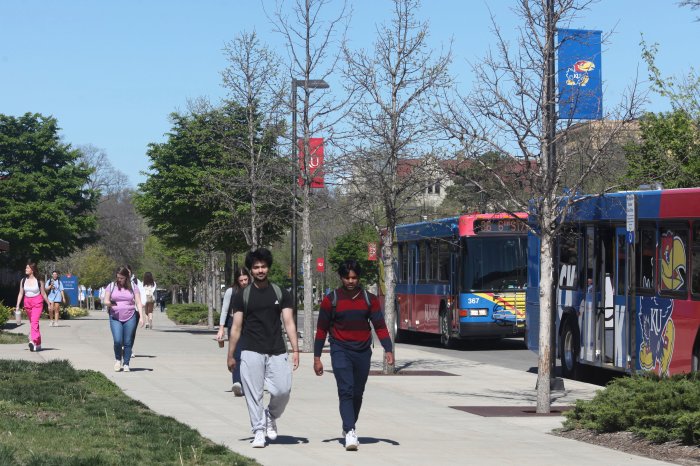By John Miller
ZURICH (Reuters) -Poorer nations could start receiving COVID-19 vaccines as soon as this month from a World Health Organization-backed programme aiming to divvy up shots fairly to help end the pandemic, WHO immunization director Kate O’Brien said on Thursday.
The COVAX facility has raised $6 billion of the $7 billion that it has sought in 2021 to help finance deliveries to 92 developing nations with limited or no means to buy vaccines on their own, O’Brien told a social media event.
Until now, wealthier nations including Britain, European Union members, the United States, Switzerland and Israel have been at the front of the queue for vaccine deliveries from companies including Pfizer and partner BioNTech, Moderna and AstraZeneca.
The WHO on Dec. 31 extended its emergency use listing to Pfizer-BioNTech’s vaccine and is now reviewing vaccines from AstraZeneca and China’s Sinopharm for similar status, as well as talking to Moderna and Russia’s Gamaleya Institute over their own shots.
“So the facility has access to over 2 billion doses of vaccine,” O’Brien said. “We will start to deliver those vaccines probably by the end of January, and if not, then certainly by early February and mid-February.”
So far, some 15 developers of vaccines have submitted data to the WHO, O’Brien added, urging more to follow suit. “We do expect to be emergency-use listing additional vaccines in the coming weeks and the short next months,” she said. “This is not the end of the story.”
COVAX is also supported by GAVI, the Vaccine Alliance, and the Coalition for Epidemic Preparedness Innovations. In all, 190 countries are involved in the scheme, including wealthier, self-funding countries also due a share of vaccines to be distributed based upon on their population.
(Editing by Michael Shields)



















